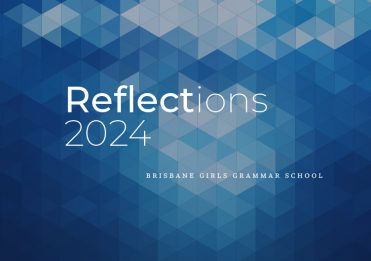Astronomy is useful because it raises us above ourselves; it is useful because it is grand; it is useful because it is beautiful . . . It shows us how small is a person’s body, how great a person’s mind . . .
– Henri Poincaré, Translated from La Valeur de la Science (1904)
For as long as humans have existed on Earth, we have gazed at the stars and the Moon, and the planets of our solar system. We have noted their movements, appreciated how their appearance changed over time, and tried to understand the heavens above us. Each culture developed its own understanding of the meanings behind the patterns they saw, creating rich traditions that served as important cultural markers. We have tried to use the movement of heavenly bodies to explain human behaviour and personality, and even to predict the future.
With the advent of the scientific method, new techniques and technologies were developed to help us understand the comings and goings of our celestial neighbours. We learned that the position of the Moon and planets at the moment of a person’s birth did not, in fact, determine the course of their life in any meaningful way. We learned that we could use our knowledge of the heavens to predict the future, but only on a grand, cosmic scale and not on an interpersonal one (yes, you may meet a person today who will change your life, but not because Mars is in retrograde).
As our Year 7 students approach the beginning of their astronomy journey at BGGS, a journey that will culminate in more than 40 hours of learning time from Years 7 to9, it is appropriate to reflect on why this subject is such an essential part of our curriculum and how it serves our students, both academically and beyond the classroom.
From a curriculum perspective, astronomy provides an excellent context for important science concepts across multiple disciplines. Students must know how the human eye works to understand how telescopes can magnify distant objects. They can learn to appreciate that the chemical reactions that take place in our bodies rely on atoms that were created in the fiery hearts of distant and long-dead stars. Astronomy is, of course, intimately linked to physics, and some of the most interesting scientific evidence for key physics concepts—such as the behaviour of light, doppler shift, and Einstein’s theory of relativity—are found in astronomical contexts. In Year 8, our data-rich astronomy unit teaches students critical analysis skills and builds their capacity for 3D spatial reasoning and imagination, as they try to see how the apparent movement of celestial bodies across our sky is caused by our planet’s movement around the Sun.
The ‘hands-on, minds-on’ approach that our curriculum uses requires students to engage actively with practical tasks, including work with the School’s Dorothy Hill Observatory (DHO). All students in Years 7 to 9 will engage with the DHO as part of their regular Science curriculum, producing beautiful astrophotography images of star clusters, nebulas, and galaxies. The tasks associated with this work are progressive and increase in complexity over time, allowing the students to develop attention to detail, patience, and problem-solving skills. In Year 10 Physics, these skills are further developed as students analyse primary astronomical data and use their results to calculate the age of our universe.
The benefits of astronomy can be more intangible when placed in the larger context of life-wide learning. Celestial objects are inherently beautiful and, when students choose a particular celestial object and spend time looking deeply at its characteristics to produce a stunning final image, they can explore their creativity and develop a sense of connection to their chosen piece of the cosmos. While other subjects may offer students an understanding of their place in the modern world, their place in history, or their place relative to a variety of cultures, astronomy introduces students to their place in the universe, an experience that can evoke astonishment and awe. Students are equipped with the knowledge of just how small and special our home planet is when compared to the vast, empty expanse that comprises most of our universe. It is our hope that this sense of wonder acts as a powerful motivator for lifelong learning and exploration, fostering in our students a culture of curiosity and discovery that extends beyond the confines of the classroom, and adds to the richness of their lives.




